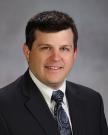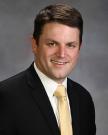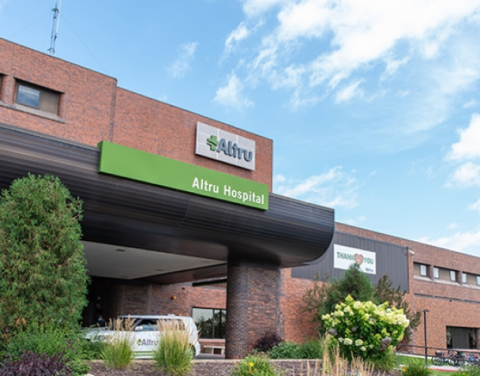If your provider places you in the hospital, your stay will fall into one of two categories: observation or inpatient.
Observation is an outpatient designation within the hospital which allows your provider to watch your condition for changes. This gives time to evaluate your condition and decide if you need to stay in the hospital as an inpatient or be discharged. When you are discharged, your care might continue with visits to your doctor’s office. Observation may be requested if treatment is expected to be complete within 24 to 48 hours. Observation can take place in any bed in the hospital.
Difference Between Observation & Inpatient
Observation care falls within a federal policy that hospitals are required to follow. If you have insurance through Medicare or commercial insurance, it is important that you are aware of observation status. Observation stays are billed under outpatient services (Medicare Part B), which includes your hourly room charge. Self-administrable medications are not covered and you may be responsible for medication costs. Inpatient services are billed under Medicare Part A.
What are Self-Administrable Medications
Traditional Medicare and some Medicare Advantage plans state that any medication that a patient could take home is considered self-administrable, including:
- Medications taken by mouth
- Insulin injections
- Inhalers
For safety reasons, Altru doesn’t allow patients to bring home medications into the hospital.
Conditions Observed
Observation care is for conditions that can be typically treated within 24-48 hours and for conditions for which the cause has not yet been determined and requires symptom management.
These may include:
- abdominal pain (nonspecific)
- acute pain (not cancer-related)
- allergic reaction (excluding anaphylactic)
- asthma
- breakthrough seizures (chronic)
- chest pain
- concussion
- constipation
- dehydration
- epistaxis (nosebleed)
- headache
- hypoglycemia (low blood sugar)
- nephrolithiasis (kidney stones)
- syncope (fainting)
- TIA (stroke)
If your medical condition and hospital treatment plan support an inpatient hospital stay, your provider will write an order to change you from observation to inpatient. If your care can be provided in a less acute setting (not a hospital setting), we will assist you in the discharge process and in coordinating appropriate follow-up care.
Insurance Coverage
If you desire to stay longer than is deemed medically necessary (e.g., stay the night after an outpatient surgery), your stay may not be covered. Medicare and commercial insurance will only pay if there is a medical condition that warrants post-operative monitoring. If you request to stay for patient/family convenience, you will be fully responsible for payment.
If you required skilled nursing care in a nursing home after you are discharged from the hospital following an outpatient observation stay, you may not qualify for Traditional Medicare’s skilled nursing facility benefit. Observation days do not meet Traditional Medicare’s qualification for a hospital stay prior to nursing home admission.
Contact Us
Questions about your level of care? Call Altru’s Case Management, Monday through Friday, 8 a.m. – 5 p.m., 701.780.5340.
Questions regarding your hospital bill? Call Altru’s Patient Financial Services, Monday through Friday, 8 a.m. – 5 p.m., 701.780.1500.
Additional Resources: A Patient Guide to Observation Medicare












